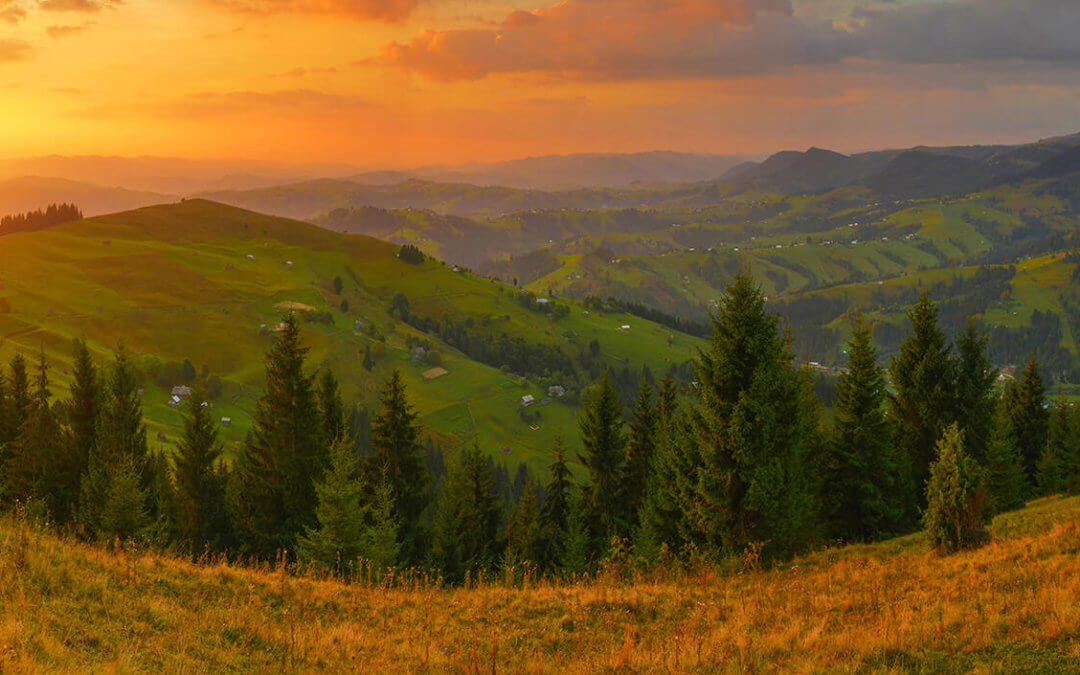In her book, The hero and the goddess, Jean Houston writes that we live in a ‘mono’ culture – it is monotheistic (one god), monophrenic (one personality), and monocular (having one way of seeing) in our epistemology. We think everything can be known in a linear fashion. If we compile enough facts, look at them rationally, the truth (of which there is just one), will reveal itself.
Under this view, fundamentalism flourishes, Houston claims. Those who think differently are thought of as misguided or dangerous. Scientists are seen as the ultimate arbiters of truth, the high priests that determine the nature and function of reality.
The Greek mind, by contrast, was polycentric (many centres), polytheistic (many gods), polyphrenic (many selves), and polyocular (many ways of seeing). The greeks viewed reality as having a unity in diversity; its oneness came from the interconnecting patterns of the many.
Gregory Bateson offered a theory of the unity of mind and nature, arguing that the conscious mind is a subsystem of a larger system of mind. The trees, rocks, stars and birds are all interrelated in a great ecology of mind or a pattern that connects that could be referred to as God.
Rupert Sheldrake talks about the possibility that the habits or laws of nature are not fixed but change over time through new discoveries and the adaptation of new habits. He refers to ‘Morphogenic fields’, which are invisible organised fields weaving across time and space which act as blueprints for new structures. When we ‘seed’ the fields, it adds new forms and behaviours to the species ‘memory’, which all organisms can then draw on. Once an individual or society learns a new behaviour, the next individual or society learns it a lot easier and more quickly.
The physicist Ilya Prigogine has shown that as more information or stimulation enters a system, whether a city, culture or a psyche, the system is driven to make more and more interconnections, becoming more complex, until suddenly it shifts into a coherent new form. This is one way that evolution may occur and higher order arises out of chaos.
Tom Cheetham, in his book Imaginal love, claims that the philosopher Henry Corbin saw the triumph of Aristotelianism over Platonism as a disaster for the west. Corbin was a platonist and his theory of knowledge was ‘illuminationist’. All knowledge comes from above through visions, revelations of the archetypes or platonic forms. In medieval theology the active intelliegence is identified with the angel Gabriel. He is the angel of revelation and the angel of knowledge. Knowledge is granted from above, the result of illumination, rather than the result of abstraction, deduction and induction of the sense data. In this way of knowing there is an ontological continuity between what happens in the intellect and what happens in the Kosmos or world. Illuminative knowledge is remedial, in that, Ivan Illich says, it ‘brings man to a glow’.
Tom Cheetham writes that the extensive self is a primary human potential that many thinkers argue has been lost in the west. Henry Corbin’s work was an attempt to escape from the alienated modern ego and return to the experience of ontological continuity between the human soul and the animus mundi or the soul of the world. The key to unlocking this potential of illuminationist hermeneutics is the human imagination. The angel of knowledge and of revelation is the world of imagination. In the history of the west, Cheetham writes, the imagination as a source of knowledge has been dismissed and ignored.
Between sense perceptions and the intuitions or the categories of the intellect, there lies a void, writes Corbin. It is the Active imagination that ought to take its place between these two, but now has been relegated, left to the poets. The ‘agent imagination’ should have its own noetic or cognitive function – it gives us access to a region of being that remains otherwise closed.
Corbin believed that the human imagination was distinct, but continuous, with the divine imagination. It is in poetry and the arts that we will come into contact with the creative imagination which facilitates the experience of the extensive self.
Carl Jung thought in a similar way. He saw imagination, fantasy as being at the heart of the living process that is the psyche. Thought, mind, body, soul all come together in this process. He refers to the ‘autonomous’ activity of the psyche as a vital process that is inherently creative. The psyche creates reality every day. Fantasy, for Jung, is the clearest expression of the psyche, the ‘mother of all possibilities’. This fantasy is continuous with the creative power of the world. It is how, what Cheetham calls, the ‘intensive’ self, escapes inner imprisonment and enters into the wider world.

